Training and fostering cadres is one of the important tasks of Party building, and is the leading solution to build a contingent of cadres with sufficient qualities, capacity, prestige, and equal to the task in the context of the country's deep international integration as it is today. In recent years, the province has always focused on improving the quality of this work.

Resolution of the 15th Provincial Party Congress identified the development of high-quality human resources associated with increasing the scale and improving the quality of the population as one of the three strategic breakthroughs of the province. Since the beginning of the term, the province has implemented many measures to promote training, fostering, equipping knowledge and skills, improving professional qualifications and public service performance, building a team of civil servants with good ethics, organizational capacity and effective implementation to solve the requirements of job titles and positions, and practical issues.
The Provincial Party Standing Committee issued Action Program No. 28-CTr/TU (dated April 10, 2023) on training and fostering cadres for the period 2023-2025; led and directed agencies and units to develop projects and regulations on organizing training, fostering and updating knowledge classes. Every year, the province issues a plan for training and fostering provincial civil servants based on the regulations of the central government, the province and the needs of agencies and units. In particular, it focuses on opening political theory training classes; training and updating knowledge for leaders and managers; fostering professional knowledge and skills in a number of areas that the province needs...
Since the beginning of the term, the province has opened 933 training and refresher courses; including 41 political theory training courses (3.4%), 892 professional and technical training courses (95.6%). A total of 92,000 civil servants have been sent for training and refresher courses (5,692 were sent for training; over 86,400 were sent for refresher courses); including over 5,400 provincial-level civil servants, nearly 41,000 district-level civil servants, and 46,000 commune-level civil servants.

The content of the training and fostering program is practical, focused, and suitable for each target group to equip knowledge, skills, and methods for performing tasks in public service activities of civil servants and public employees and professional activities of public employees. From 2020 to present, the whole province has provided professional training and political theory to nearly 5,700 civil servants, accounting for 6.2%; trained in Party building skills for about 24,500 people, accounting for 26.6%; trained in political organization skills for 24,200 people, accounting for 26.3%; trained in state management skills for over 1,000 people, accounting for 1.1%; trained in foreign languages for nearly 600 people; trained and updated knowledge for over 21,300 people, accounting for 23.2%; trained in national defense and security for nearly 14,700 people, accounting for 15.95%.
The quality of training and fostering has been gradually innovated and improved. Schools have combined learning with practical surveys, supplemented with new knowledge, and ensured scientific and reasonable teaching and learning content. In particular, lecturers and reporters who are professors, doctors, senior lecturers from prestigious universities and academies and provincial leaders are invited to directly impart knowledge to students; foreign lecturers in the fields of tourism and marine economy are carried out more frequently. Management, inspection, supervision, comments and evaluation of students' learning process have been enhanced according to the assessment regulations of the province and the Central Government.
The province strengthens decentralization, delegation of authority and assigns specific responsibilities to agencies and units in implementing central and provincial regulations and the authority to carry out political theory training, ensuring unity, synchronization and order. Along with that, it pays attention to investing in building and improving the quality of the infrastructure system to ensure synchronization and modernity to serve training and fostering work; policies and regimes for lecturers and reporters through the issuance of many mechanisms and policies to encourage, support and motivate lecturers to continue studying to improve their professional qualifications.

Effective implementation of training and fostering has contributed to building a team of civil servants with good moral qualities, political courage, high professional capacity, meeting the requirements of public service and professional activities. The team of civil servants has gradually standardized its qualifications. 100% of key cadres at the commune level have university degrees or higher, intermediate political theory degrees or higher; 100% of civil servants who are leaders, managers and planning resources have intermediate political theory degrees or higher, meeting the standards prescribed for each type of title, each rank, and each professional title.
According to the assessment of the Provincial Party Committee's Organizing Committee, the cadres who have been trained and fostered have improved their political theory, leadership and management skills; have the ability to absorb and apply the Party's guidelines and policies, the State's policies and laws, and their professional and technical knowledge; their foreign language proficiency, communication skills and ability to work in an international environment have been gradually improved. In practice, the competent, dedicated cadres who have been trained and fostered have helped to improve the quality, efficiency, handling and resolution of work.
Source


![[Video] The difference in scores between university admission groups will be announced soon](https://vphoto.vietnam.vn/thumb/1200x675/vietnam/resource/IMAGE/2025/7/19/16441946784f4c4b8b6987f8164b1a83)


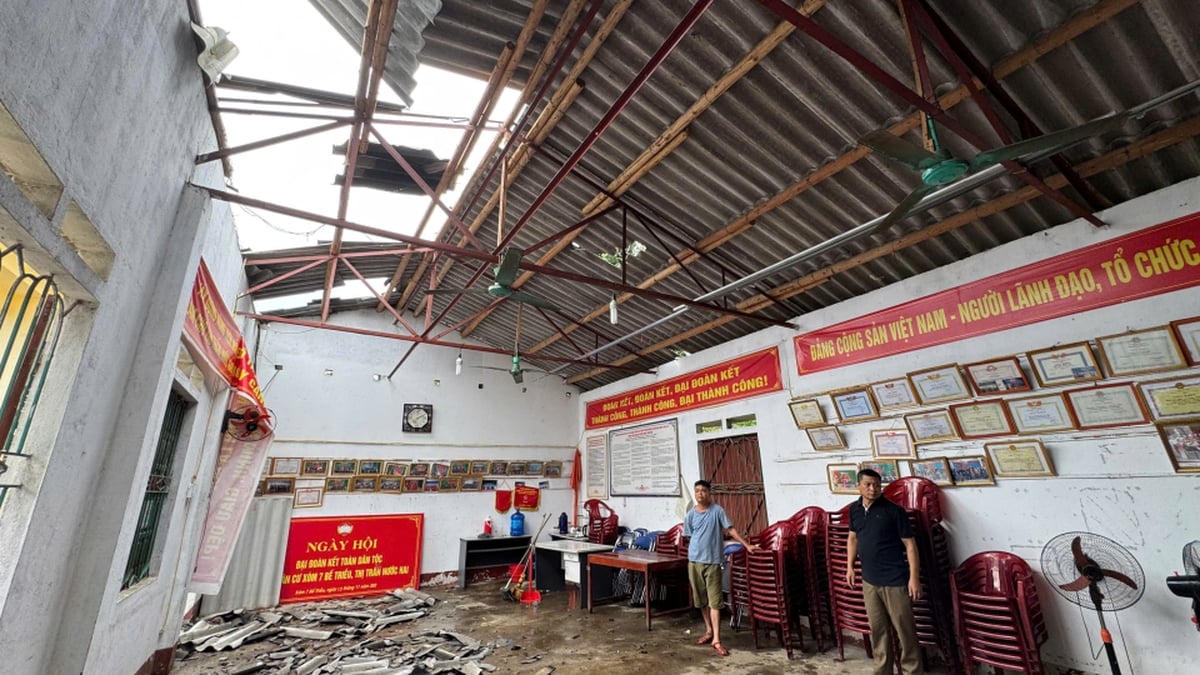
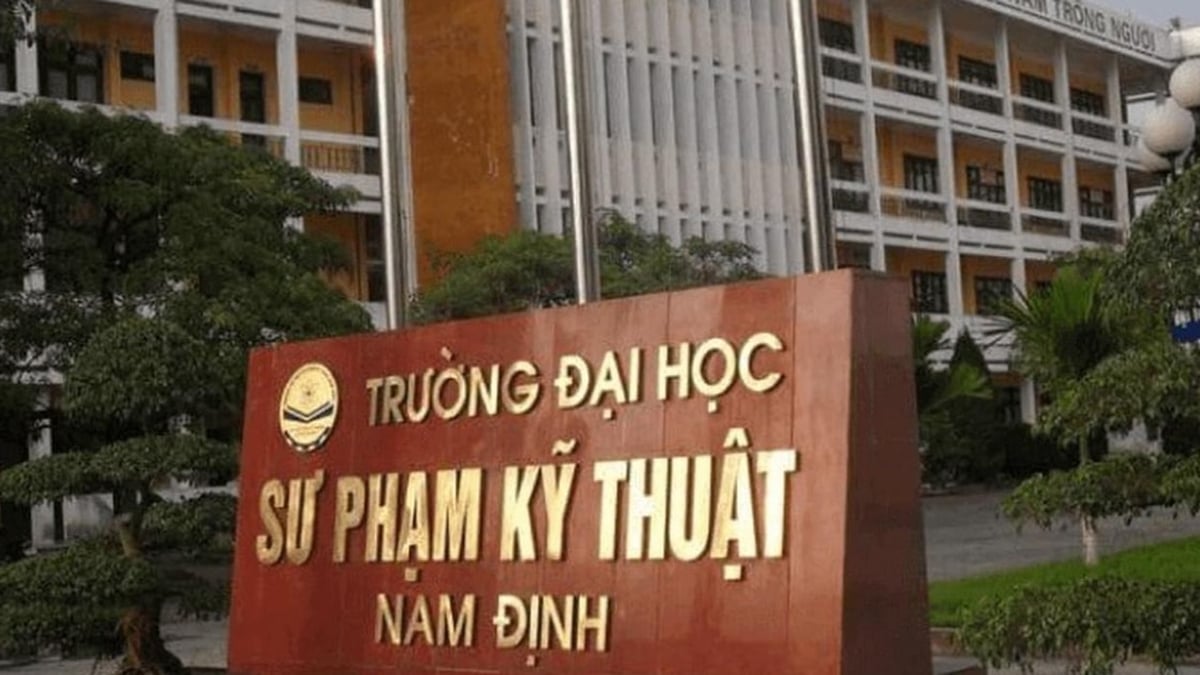
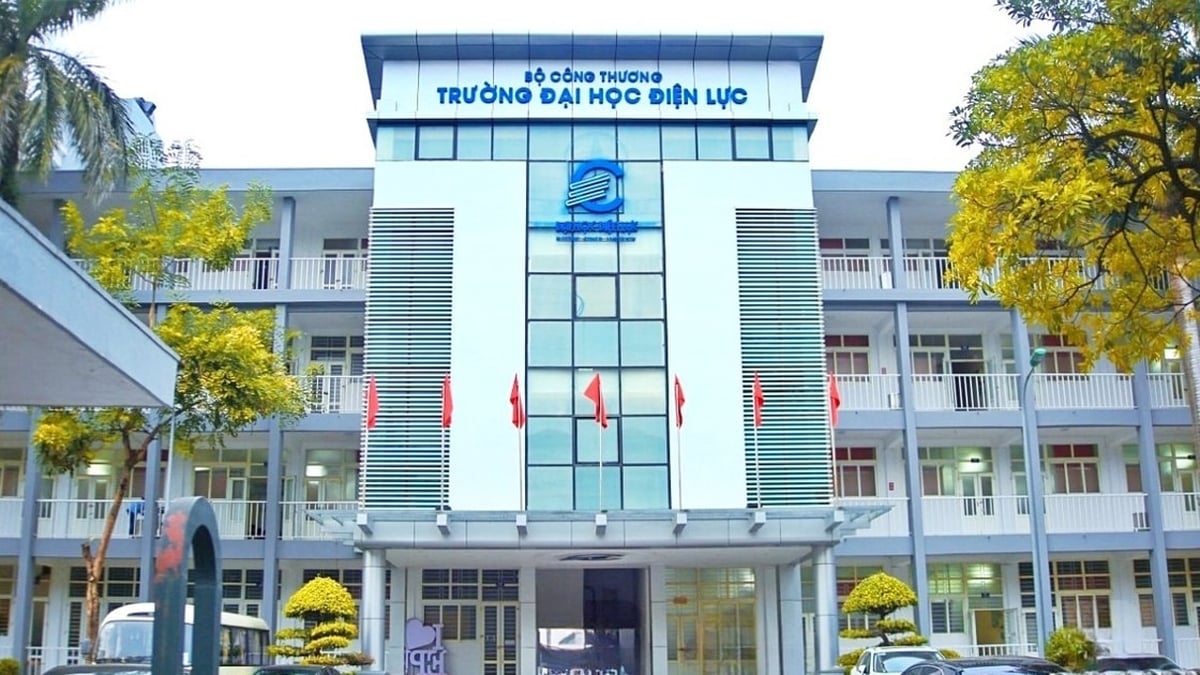
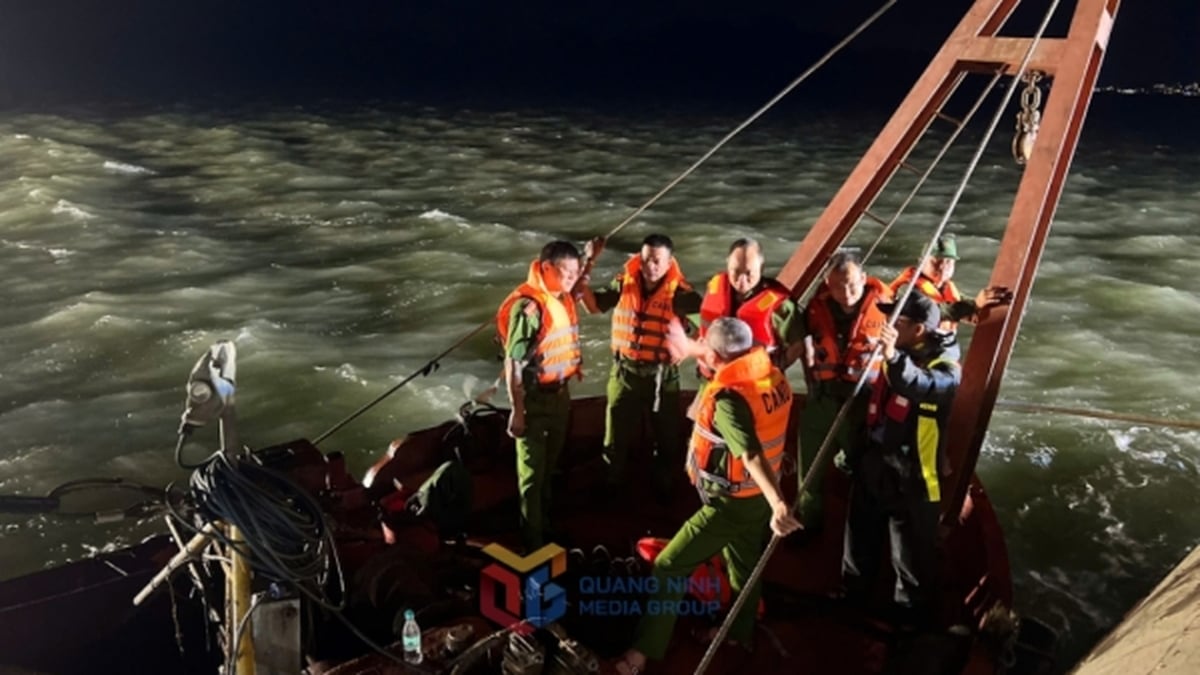
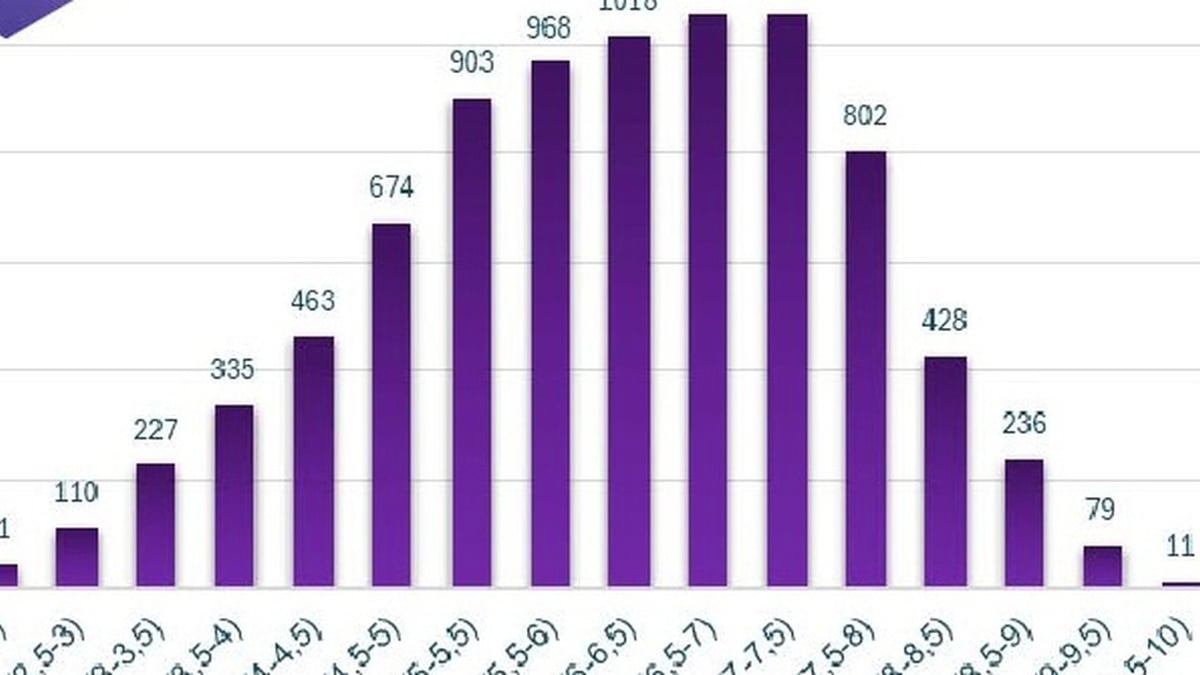
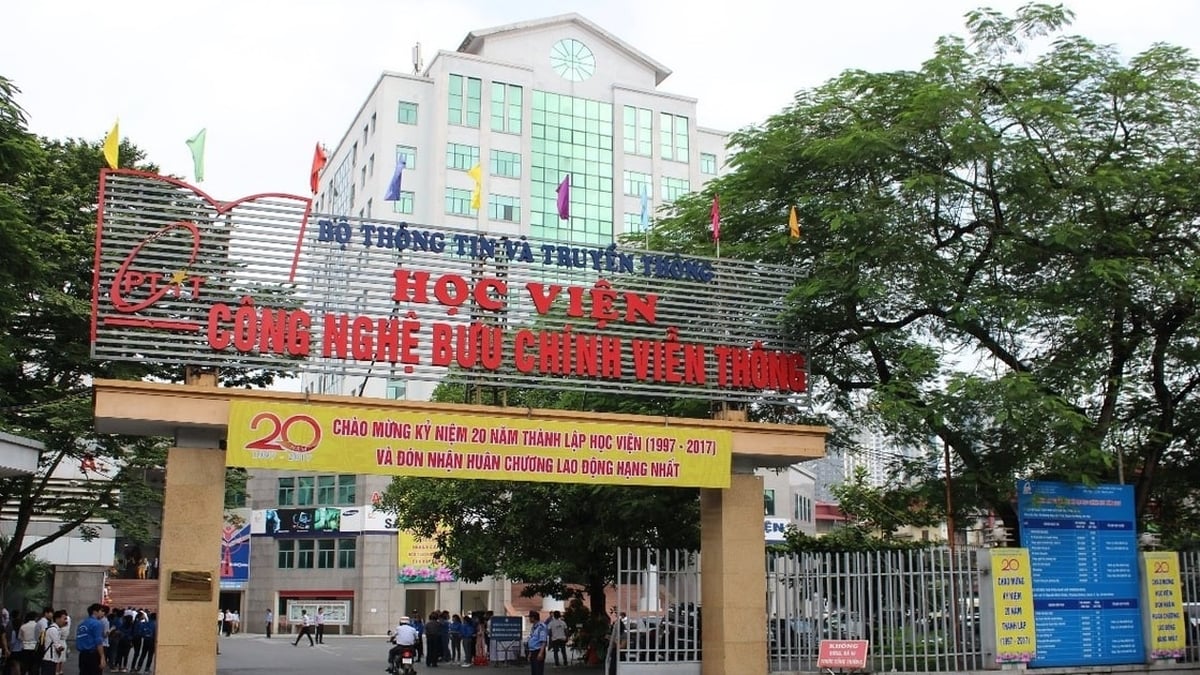
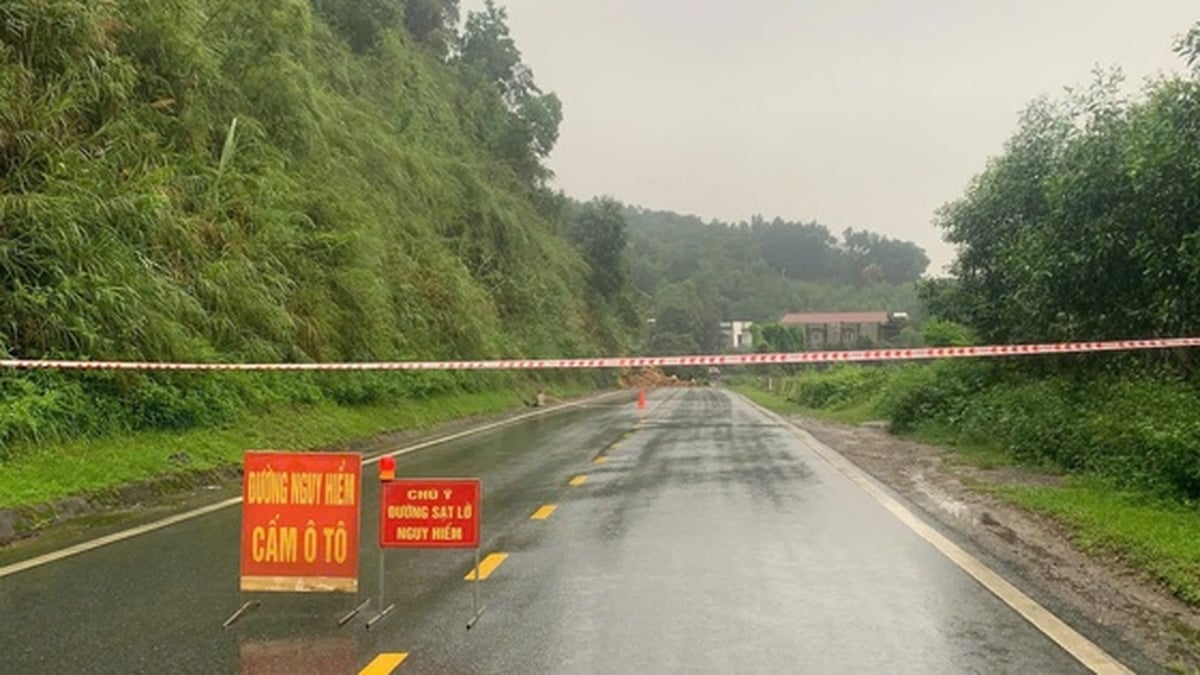





















































































Comment (0)